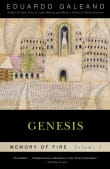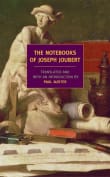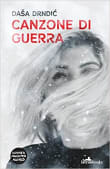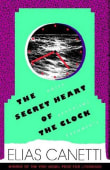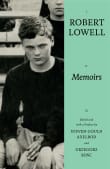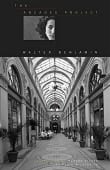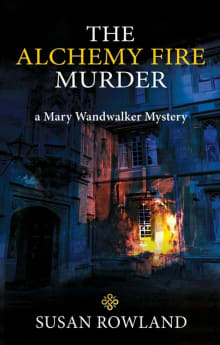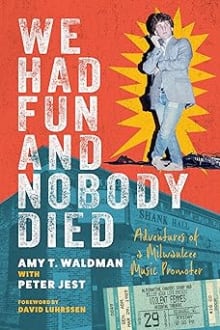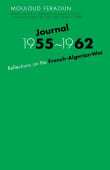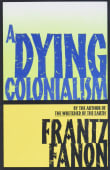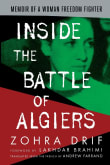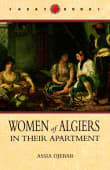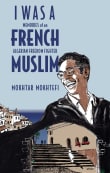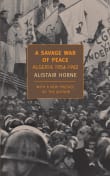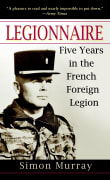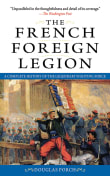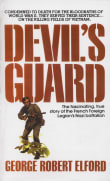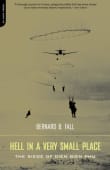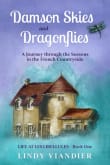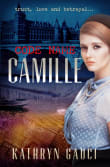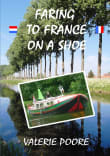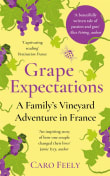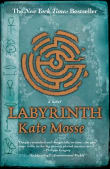The Years
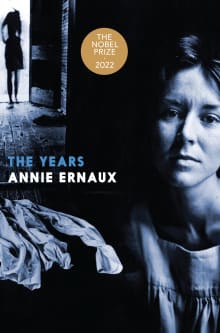
Book description
Considered by many to be the iconic French memoirist's defining work, The Years is a narrative of the period 1941 to 2006 told through the lens of memory, impressions past and present, cultural habits, language, photos, books, songs, radio, television, advertising and news headlines. Annie Ernaux invents a form that…
Why read it?
5 authors picked The Years as one of their favorite books. Why do they recommend it?

The Years is a novel in the form of an autobiography but a novel stripped of the usual cohesion and sense that its protagonist’s life is all moving in a direction that will eventually cohere into some final meaning and that everything in its pages, its various settings, its observations, its smallest details, will all make a single story with its beginning, middle and end.
But is anyone’s life like that? An epigraph from Ortega Y Gasset gives the clue to how this book unfolds and the atmosphere that moves through it: “All we have is our history, and…

The novel is both a trenchant and fast-moving exploration of what it’s like to be a human in the last half of the twentieth century and a primer for any writer wanting to write a novel without getting bogged down in things like establishing scenes and familiar plot devices.
Ernaux just tells stories about her characters and is unafraid to let her third-person narrator tell without showing.

This book came into my life at a moment when I was struggling with my own identity as a woman writing a memoir about death, relationships, love, and the problem of forgiveness.
Ernaux is a French author little known in the English-speaking world. She was awarded the Nobel Prize for Literature in 2022. I had already read The Years but went to her other writing. Her whole body of work is strangely compelling, distinctive, and unusual, almost constituting a genre of its own.
I love how she allows the everyday world to intersect with memories and impressions, painful and illuminating,…
If you love The Years...

Awarded the Nobel Prize in Literature in 2022, Annie Ernaux is one of France's best-loved writers.
She writes through details. Collaging phrases, photographs, lines of songs, objects, advertising jingles, fragments of film, radio and TV programs, and the words of men in bed at night, Ernaux writes the history of modern France via an intensely personal memoir. Dien Bien Phu, the Algerian War, the May '68 revolt, 9–11 are all here, as seen through her eyes and told in her unmistakable voice.
As one critic wrote, Ernaux "transforms her life into history and her memory into the collective memory of…
From Derek's list on imaginative histories.

Ernaux shuns the word “I”. Born into a working-class family in Normandy, she prefers solidarity, the third-person and the impersonal use of the word “one”. She documents the years of her generation and through that, the reader finds her own life. She calls her writing “the lived dimension of history” and by doing this, she recaptures Proust, who in search of lost or “wasted” time, relieves the weight of the world from its angst through a purity of observation in seeing through all the layers of social/hypocritical time. I am very much looking forward to her latest, Getting Lost (due…
From Brian's list on writing that falls between the cracks of genre.
Want books like The Years?
Our community of 12,000+ authors has personally recommended 100 books like The Years.

